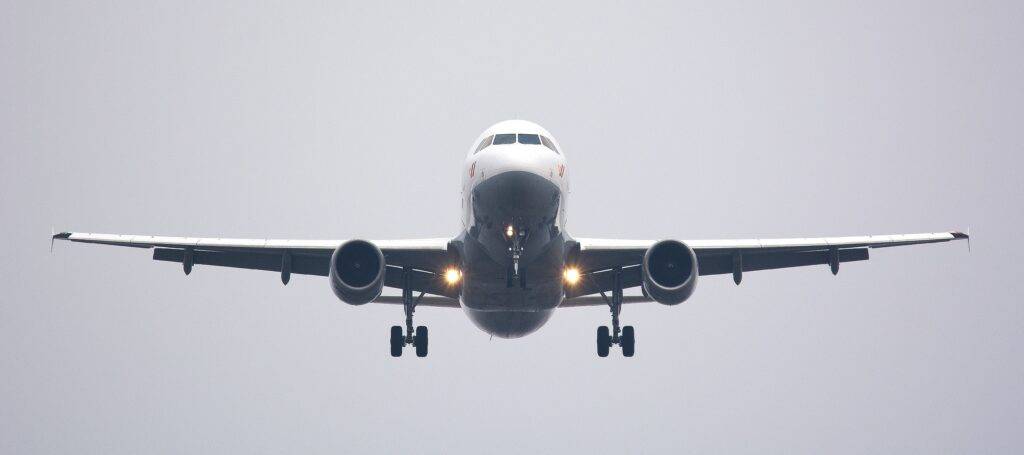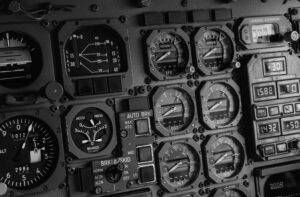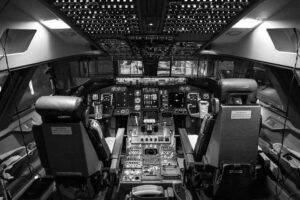
What are Aviation Technical Writers?
Aviation technical writers are professionals who specialize in creating clear, precise, and comprehensive documentation within the aviation industry. Their primary responsibility is to communicate complex technical information related to aircraft, aviation systems, procedures, and regulations in a manner that is easily understandable for a diverse audience. These writers play a crucial role in bridging the gap between highly technical subject matter experts, such as engineers and pilots, and a broader audience that may include maintenance personnel, regulatory authorities, and other aviation stakeholders. The role of aviation technical writers is expansive and encompasses the development of various documents, including aircraft manuals, maintenance procedures, training materials, and regulatory compliance documentation. These documents serve as essential resources for aviation professionals, ensuring that they have access to accurate and up-to-date information required for safe and efficient aviation operations. Given the stringent safety standards and regulatory requirements within the aviation industry, the precision and clarity maintained by these writers are vital in preventing errors and ensuring adherence to established protocols. Aviation technical writers possess a specialized skill set that extends beyond conventional technical writing. This includes studying schematics, design documents, manufacturing specifications, and so on. Writers must also possess the ability to interpret complex technical details, data, and specifications and translate them into clear, easy-to-understand language appropriate for the target audience, be it maintenance technicians, pilots, or ground crews. They need to develop compliant documentation and must ensure all documentation adheres to industry regulatory standards, best practices, terminology, and organization formats required by oversight authorities like the FAA or EASA. Overall, the work of aviation technical writers is instrumental in promoting safety, efficiency, and compliance within the dynamic and highly regulated aviation industry.
What are the Benefits of Aviation Technical Writers?
Here are some key benefits that aviation technical writers provide: 
- Safety Enhancement: Aviation technical writers contribute to safety by creating clear and concise documentation that outlines procedures, protocols, and safety measures. This ensures that aviation professionals can perform their duties with a strong focus on safety, reducing the risk of accidents and incidents.
- Regulatory Compliance: Writers in aviation ensure that documentation aligns with regulatory requirements and industry standards. This is crucial for compliance with aviation authorities and organizations, helping to maintain a high level of safety and adherence to established protocols.
- Knowledge Transfer: Aviation technical writers facilitate the transfer of knowledge within the industry. By creating comprehensive manuals, procedures, and training materials, they ensure that critical information is effectively communicated to pilots, maintenance personnel, and other stakeholders.
- Efficient Maintenance and Repairs: Maintenance manuals and documentation created by technical writers enable efficient troubleshooting and repairs. This is essential for minimizing aircraft downtime and ensuring that maintenance tasks are performed accurately and in accordance with established guidelines.
- Training Support: Technical writers play a crucial role in developing training materials for aviation professionals. This includes pilot training manuals, maintenance training guides, and other instructional documents, contributing to the education and skill development of individuals within the aviation industry.
- Clarity in Communication: Aviation technical writers excel in translating complex technical information into clear and understandable language. This clarity in communication is essential for preventing misunderstandings and errors in the execution of aviation procedures.

- Standardization of Procedures: Writers contribute to the standardization of procedures within the aviation industry. Standardized documentation ensures consistency in operations, reducing the likelihood of variations that could lead to errors or safety issues.
- Emergency Response Preparedness: Emergency procedures and protocols are often documented by technical writers. This ensures that aviation professionals are well-prepared to respond to emergency situations, promoting a swift and coordinated response to mitigate potential risks.
- Continual Improvement: Technical writers support continual improvement initiatives by documenting feedback, updates, and revisions to procedures and manuals. This allows the aviation industry to adapt to evolving technologies and best practices over time.
- Interdisciplinary Collaboration: Collaboration with various stakeholders, including engineers, pilots, and regulatory authorities, is facilitated by technical writers. This interdisciplinary approach ensures that documentation reflects the expertise and input of diverse professionals within the aviation field.
Aviation technical writers play a crucial role in enhancing safety, ensuring compliance, and supporting the efficient operation of aircraft by providing clear and accurate documentation for the aviation industry.
How Can EDC Help?
If you’d like to learn more about the benefits of technical writers and technical documentation, check out some of our related content below:
- Technical Instruction Manuals: Organizational Manuals
- How Do You Write Your Write Paper?
- Tech Writers: Simplifying Complex Topics (Explained)
Whether you need a single technical writer for a brief project or a team of consultants to produce a complete line of documentation, the quality of our work is guaranteed for you. Our clients work closely with an Engagement Manager from one of our 30 local offices for the entire length of your project at no additional cost. Contact us at (800) 221-0093 or [email protected] to get started.

